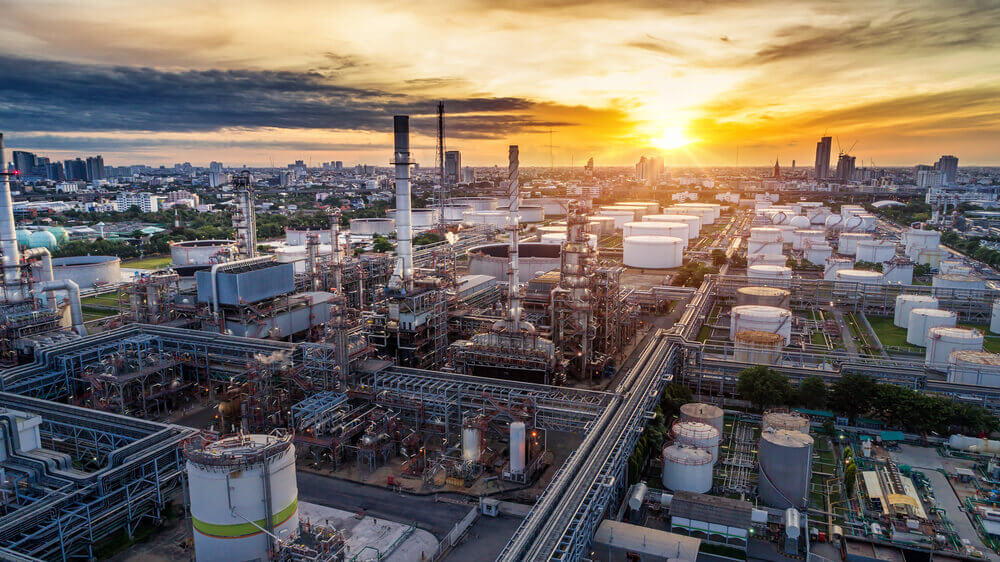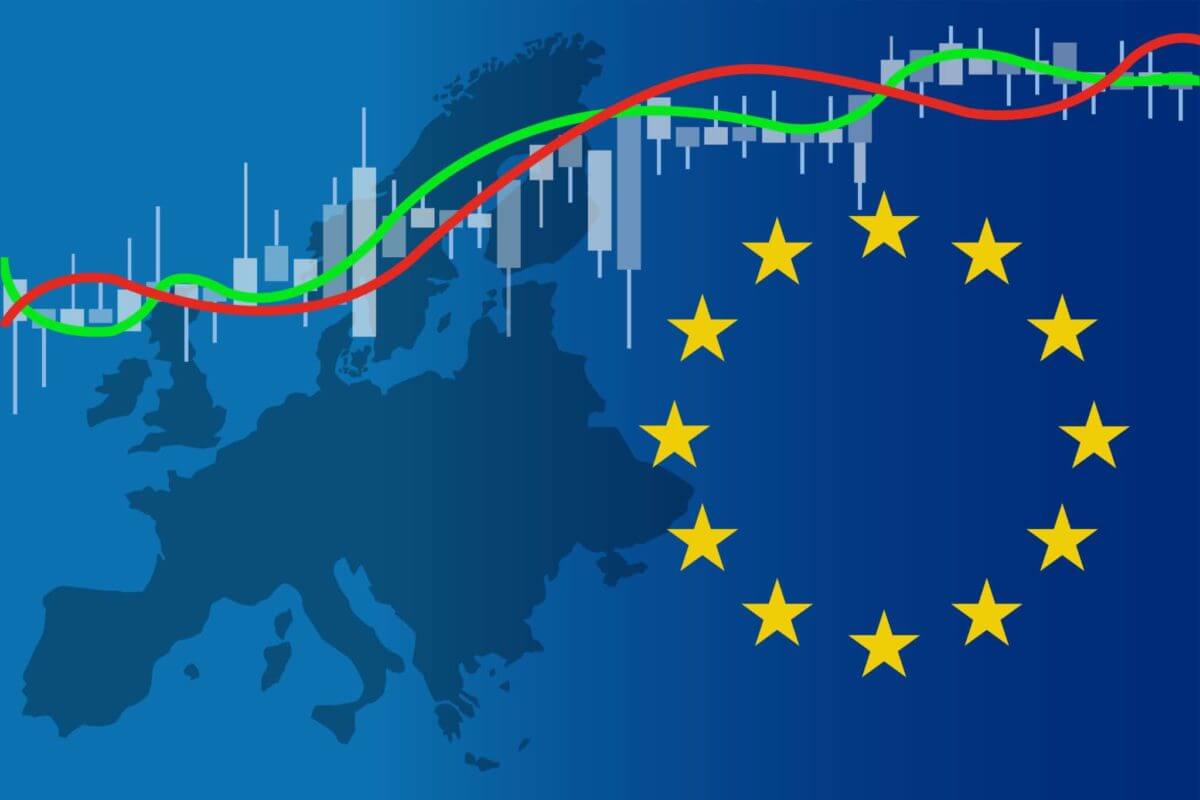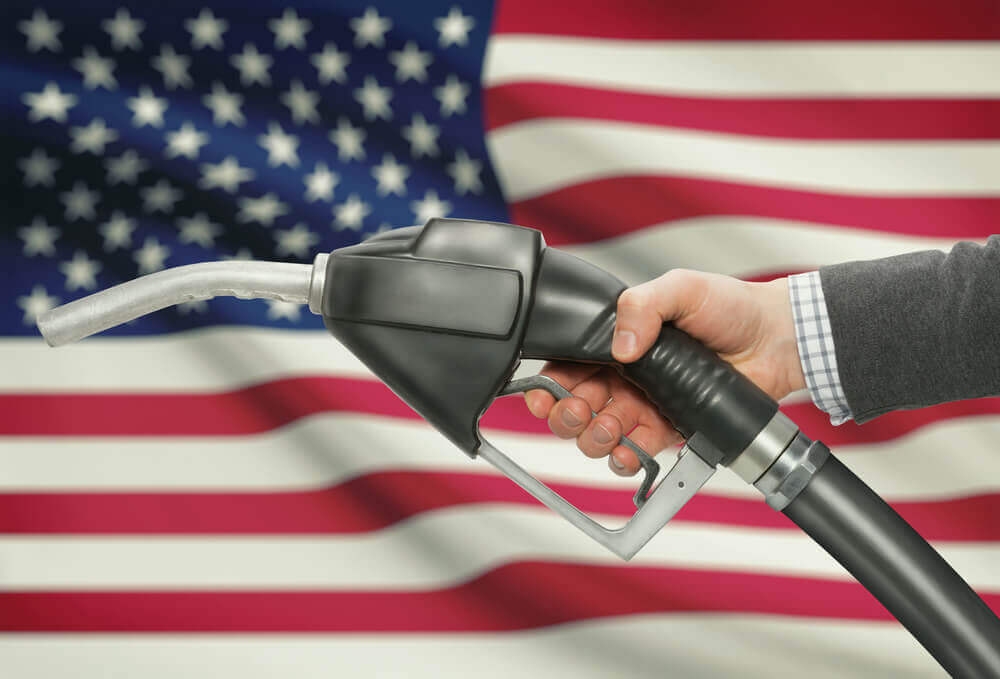
Winter Is Coming for European Gas
The discussion over whether to cut Russian oil and gas has centred on moral obligations and economic implications. These conversations assume that Europe will continue to have access to gas supplies as long as it treads a fine line between assisting Ukraine and irritating Russian President Vladimir Putin. What is absent is an acknowledgement that Russia has been discreetly crafting an energy checkmate that will culminate this winter.
Putin has shown his willingness to use this weapon against Europe in recent weeks; he stopped supplies to Poland, Bulgaria, and, most recently, Finland, reportedly over demands to pay for gas in rubles. Cutting Russian gas currently offers the European economy nearly six months to rearrange its supply networks before competing for demand for home heating forces concessions. When investing is expensive, uncertainty encourages postponement. It is especially true for companies that are too large to fail. Simultaneously, those who argue that an embargo would be too costly have an incentive to demonstrate their argument by sitting on their hands. The vulnerability of Europe becomes self-fulfilling.
Europe Gas Embargo
What if Europe implemented a gas embargo? It would be highly costly for enterprises with no immediate substitute options. Consider sectors such as fertilizer, plastics, and different chemicals that rely on intermediate goods whose primary source is gas. These are goods with systemic economic relevance. Initially, downstream sectors may be hampered: lower gas supplies may limit the availability of European fertilizer. While the infrastructure for importing gas is severely constrained, fertilizer and other gas-derived commodities are quickly shipped.
It is also worth mentioning that, among the resources imported by Europe from Russia, gas is the most difficult for Putin to resell to less scrupulous purchasers. Still, the capacity to resell natural gas is limited by the availability of liquefaction infrastructure; it is scarce in Russia and takes years to install—over the summer, reducing Putin’s war fund positions Europe to negotiate more effectively this winter.

The UK Slaps One-Off Tax on Oil and Gas Giants
The government scrambles to ease the country’s deteriorating cost-of-living problem; hence, UK Finance Minister Rishi Sunak has imposed a windfall tax on oil and gas firms.
The proposals come a day after a profoundly embarrassing probe into Downing Street lockdown parties. They come amid persistent pressure on the ruling Conservative administration to do more as skyrocketing inflation raises the cost of everything from food to fuel.
The oil and gas industry is reaping tremendous profits not due to recent advances in risk-taking, innovation, or efficiency but due to skyrocketing global commodity prices, which are being driven in part by Russia’s war.
BP and Shell, Britain’s oil and gas conglomerates, declared large quarterly profits earlier this month, benefiting from skyrocketing commodity prices during Russia’s onslaught in Ukraine. It has prompted calls for the government to tax its surplus funds.
Inflation in the United Kingdom reached 9% last month; the highest annual rate in 40 years, as food and energy prices skyrocketed. The Bank of England anticipates inflation to exceed 10% later this year.
Earlier this week, the head of the UK’s energy sector regulator, Ofgem, warned that a price cap on the most commonly used consumer energy tariffs was due to rise by £800 in October; this increased the average household bill to £2,800 per year.
Campaigners have called the likelihood of higher energy bill increases this winter a “horror scenario,” saying that only an emergency budget will be able to resolve the problem gripping the world’s fifth-largest economy.

US Gas Prices Soared by 47 Cents
The average price of a gallon of gasoline in the United States reached a new high of $4.60 on Thursday; up 47 cents from a month earlier.
A gallon of gas cost $4.13 in late April, compared to $3.04 at the same time last year.
California is by far the most costly state for automotive fuel. A gallon of gas costs little more than $6 on average in California.
The price of a gallon of gas has topped $7.25 in several Southern California, Bay Area, and Yosemite region gas stations; this made it more expensive than the federal minimum hourly wage.
White Plains drivers pay an average of $5.03 a gallon. Prices in urban areas across the state are hovering around $4.90; the Duchess-Putnam County area and Kingston fell just short of the $5 mark.
Gas prices in Utah, Idaho, Vermont, New Jersey, Connecticut, Massachusetts, the District of Columbia, New Hampshire, and Rhode Island range from $4.60 to $4.86 per gallon.
The oil markets do not appear to be ready to assist shortly.
On Thursday, US crude increased 0.78 per cent to $111.20 per barrel; meanwhile Brent crude rose 0.68 per cent to $114.80 per barrel.




